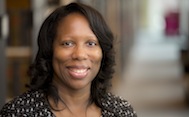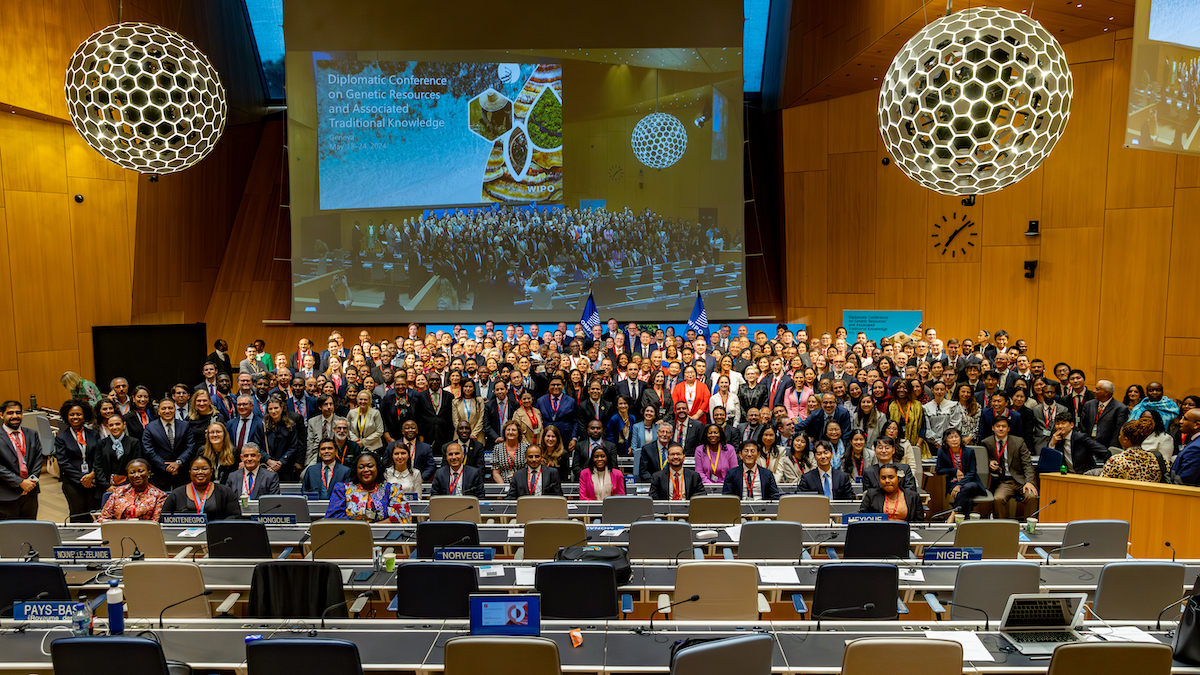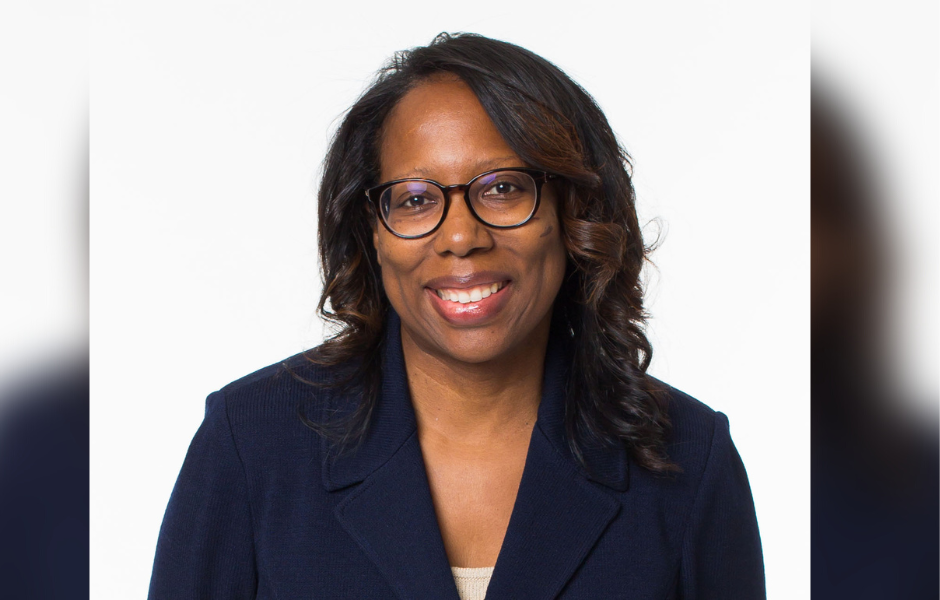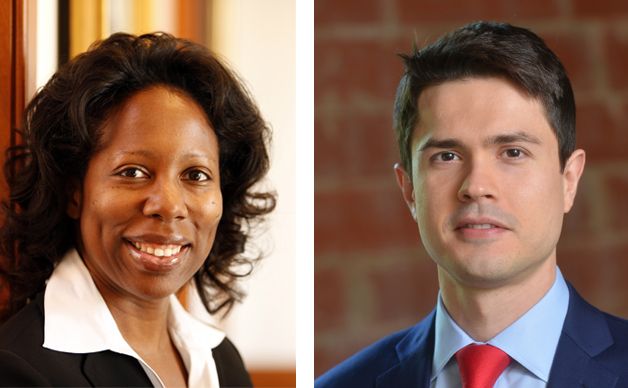
Margo A. Bagley: News Releases and In the News


Bagley: Hatch-Waxman's effect on the availability of generic drugs

Bagley's work supports new international IP treaty
This spring, the United Nations World Intellectual Property Organization adopted its first new international treaty in over a decade—the first to connect intellectual property with the genetic resources and traditional knowledge of Indigenous peoples.

Emory Law to open patent clinic this fall
Emory University School of Law will open a new IP and Innovation Clinic in August.

Bagley: The role of trust in advancing equity in innovation

Bagley: New patent standard to provide transparency for DSI, genetic resources

Bagley on benefit sharing principles for DSI

Bagley: Diversity Pilots Initiative coming to Emory Law

Bagley: Who owns the phrase 'Are you a Grady baby?'

UN group endorses creating global fund that reflects Bagley’s research
The UN Convention on Biological Diversity also recommended creating a multilateral benefit-sharing fund for digital sequence information (DSI) on genetic resources, something Asa Griggs Candler Professor of Law Margo A. Bagley advocates.

Bagley part of negotiations for WIPO treaties headed to diplomatic conferences
Asa Griggs Candler Professor of Law Margo Bagley has been actively involved in negotiations for two proposed treaties that the World Intellectual Property Organization (WIPO) General Assemblies agreed to send to diplomatic conferences.

Bagley: Gruyère is Gruyère, no matter where it’s produced

IP Watch quotes Bagley on evolving legal aspects of biodiversity
"The access and benefit sharing protocol of the UN Convention on Biological Diversity is based on bilateral agreements between providers and users of genetic resources. There are, however, many cases where genetic resources are dispersed, and difficult to attribute to only one location," reads an IP Watch story. "The issue is being discussed at the biennial meeting of the CBD member states, in particular the possibility of a global multilateral benefit-sharing mechanism to address those genetic resources not yet covered by the protocol." Asa Griggs Candler Professor of Law Margo Bagley served as a source for the story.

International collaboration technological innovation
Emory Law is a collaborator in enforcing the rule of law ¿ internationally and cosmically.

Bagley weighs in on DNA open database sharing
Researchers teasing out genetic codes from plants, animals, fungi, and microbes have deposited quadrillions of digital nucleotide sequences in open access databases, Chemical and Engineering News reports. "Now, more than 110 countries are considering a proposal that would affect scientists' ability to use these data. The aim is for the users to share benefits--financial or otherwise--that accrue from application of this information with the countries that are home to the organisms whose genes were sequenced." Asa Griggs Candler Professor of Law Margo Bagley was quoted as an expert.

Faculty members honored with named professorships
Richard Freer has been named Charles Howard Candler Professor. Michael Kang has been named Thomas Simmons Professor. Jonathan Nash has been named Robert Howell Hall Professor. Polly Price has been named Asa Griggs Candler Professor. Teemu Ruskola has been named Jonas Robitscher Professor.

Bagley quoted in Science on enforcing international genetic treaty
In December, parties to the Nagoya Protocol, an international treaty governing the use of genetic resources from medicinal plants to pest-killing microbes, plan to discuss whether and how the agreement should apply to digital DNA sequences. The treaty was was meant in part to prevent richer nations from unfairly benefiting from genetic resources originating in poorer countries, Science magazine reports. However, It's one thing to declare that your laws protect digital sequences, and another to actually find and pursue those who violate them, says Emory Law Professor Margo Bagley.

Emory Law builds intellectual property, business law, and legal writing programs with new faculty
Margo Bagley 96L, George S. Georgiev, and Kamina Aliya Pinder will join the faculty of Emory University School of Law, further enhancing the school's signature strengths in intellectual property, business law, and legal writing.